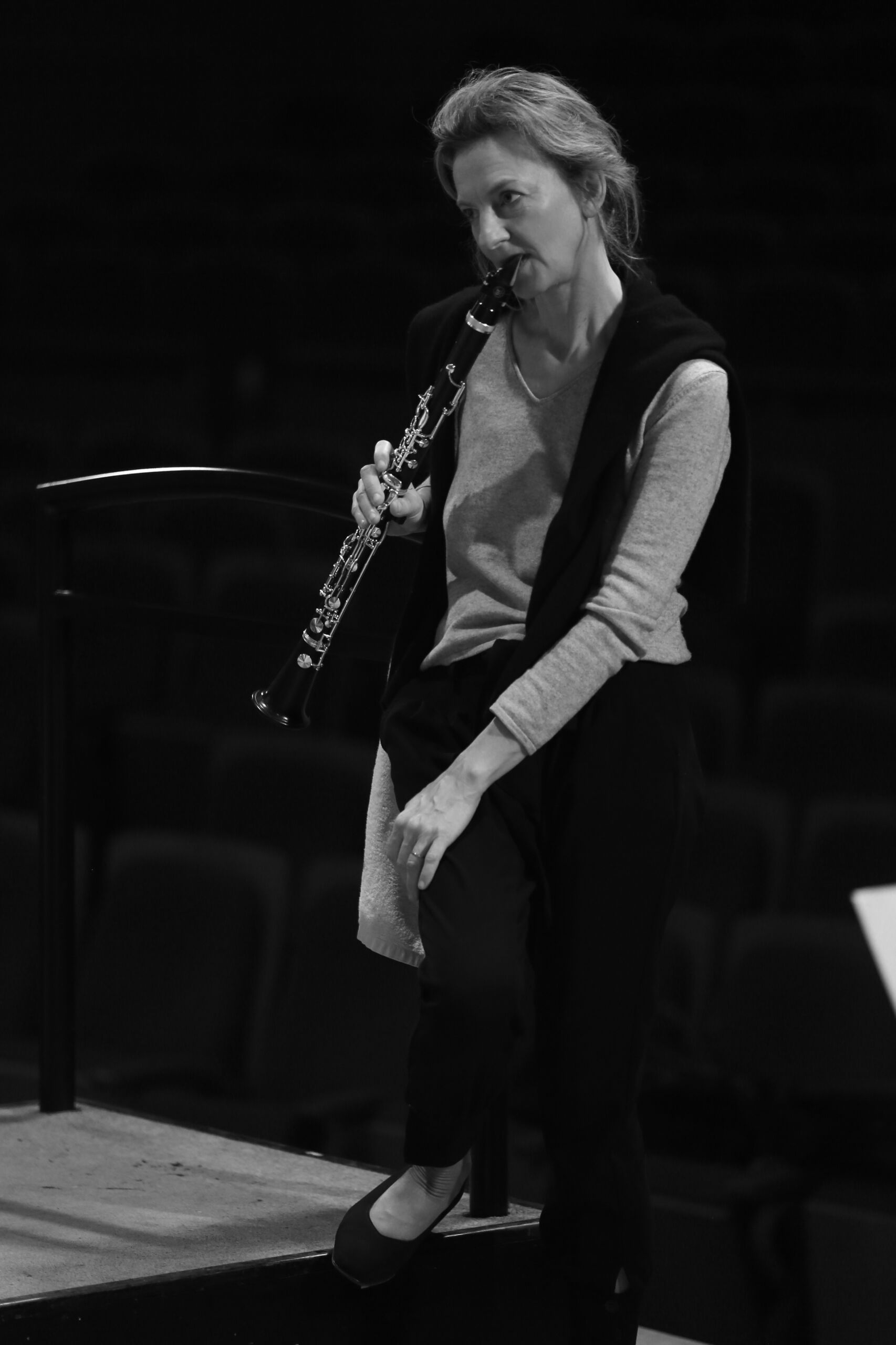I. Basic Information
Leonard Slatkin is an outstanding conducting maestro.He was born in Los Angeles, the United States.
II. Educational Background
He furthered his studies at Indiana University and the renowned Juilliard School. The experience of studying in these top-notch music institutions laid a solid professional foundation for his conducting career.
III. The Beginning and Early Experiences of His Conducting Career
First Appearance on Stage** In 1966, Slatkin made his debut on the conductor’s podium at the world-famous Carnegie Hall. At that time, he was conducting the New York Youth Orchestra. This performance marked the official start of his conducting career on the stage.
Period with the Saint Louis Symphony Orchestra** In 1968, Slatkin joined the Saint Louis Symphony Orchestra as an assistant conductor. He continuously accumulated experience in the orchestra and gradually came to the fore. From 1979 to 1996, he served as the music director of the Saint Louis Symphony Orchestra. During this period, with his profound understanding of musical works and superb conducting skills, he enhanced the playing level and artistic reputation of the orchestra. He led the orchestra to perform a large number of works in different styles, with particular emphasis on the interpretation of 20th-century musical works, including those of American, British, and Russian composers.
IV. Period with the National Symphony Orchestra in Washington, D.C.
In 1996, Slatkin became the music director of the National Symphony Orchestra in Washington, D.C. He continued to demonstrate his talent here. By conducting various classic repertoires as well as contemporary works, he further consolidated his position in the conducting world and also enabled the orchestra to gain higher visibility worldwide.
V. Artistic Contributions and Reputation
He is renowned worldwide for his excellence in conducting 20th-century musical works. He has unique interpretations of the works of American, British, and Russian composers. He is also very active in promoting art education. His work has played an important role in the dissemination of music knowledge and the cultivation of music talents, and he is one of the figures with far-reaching influence in the contemporary conducting world.



